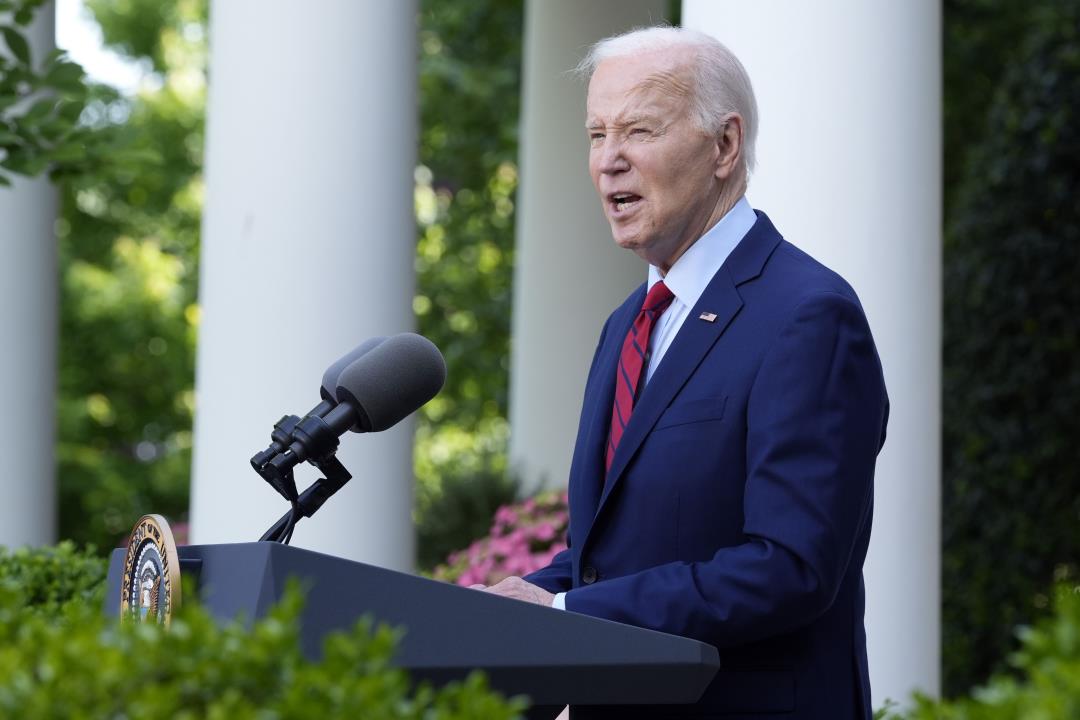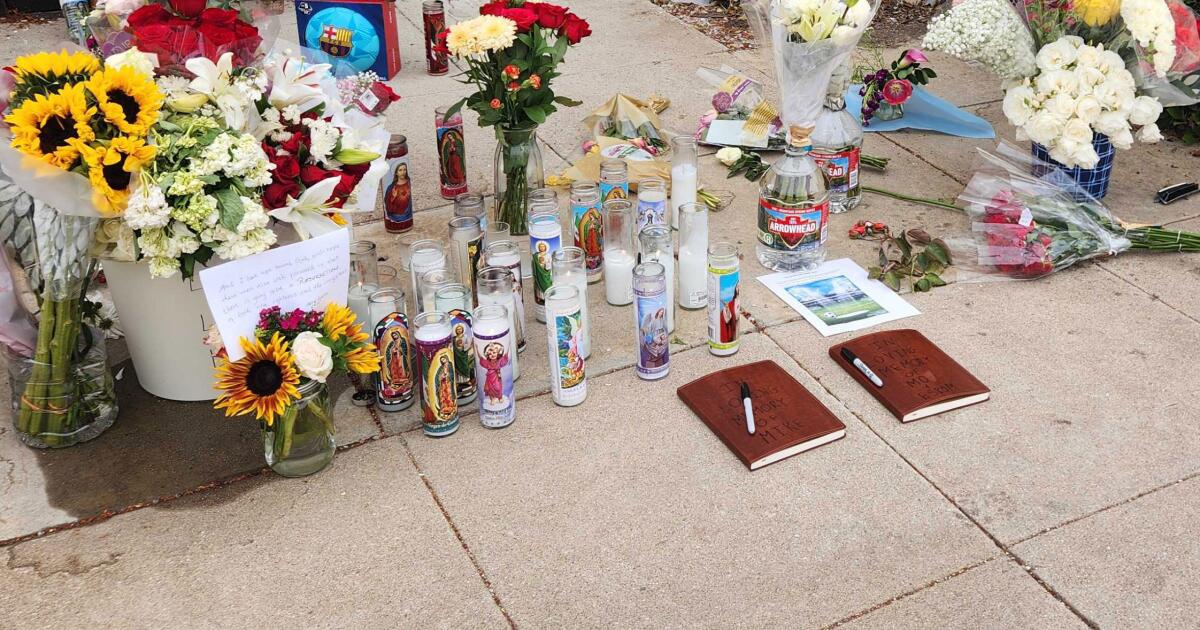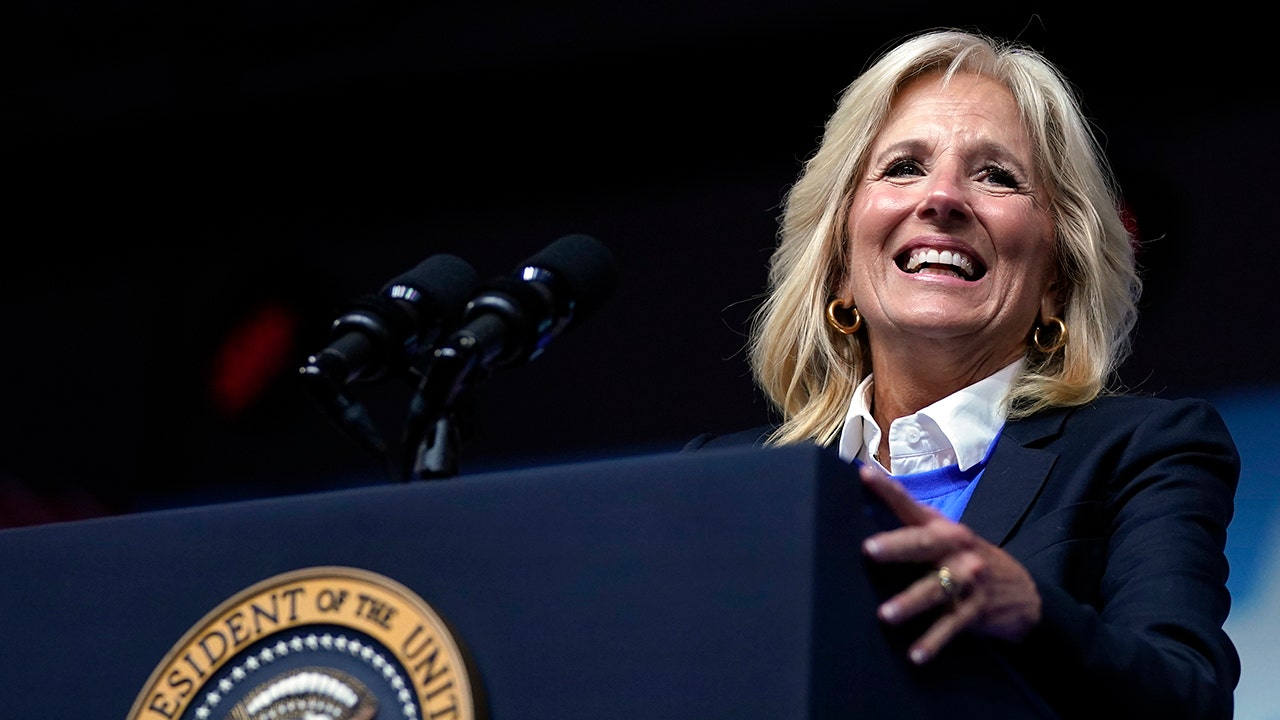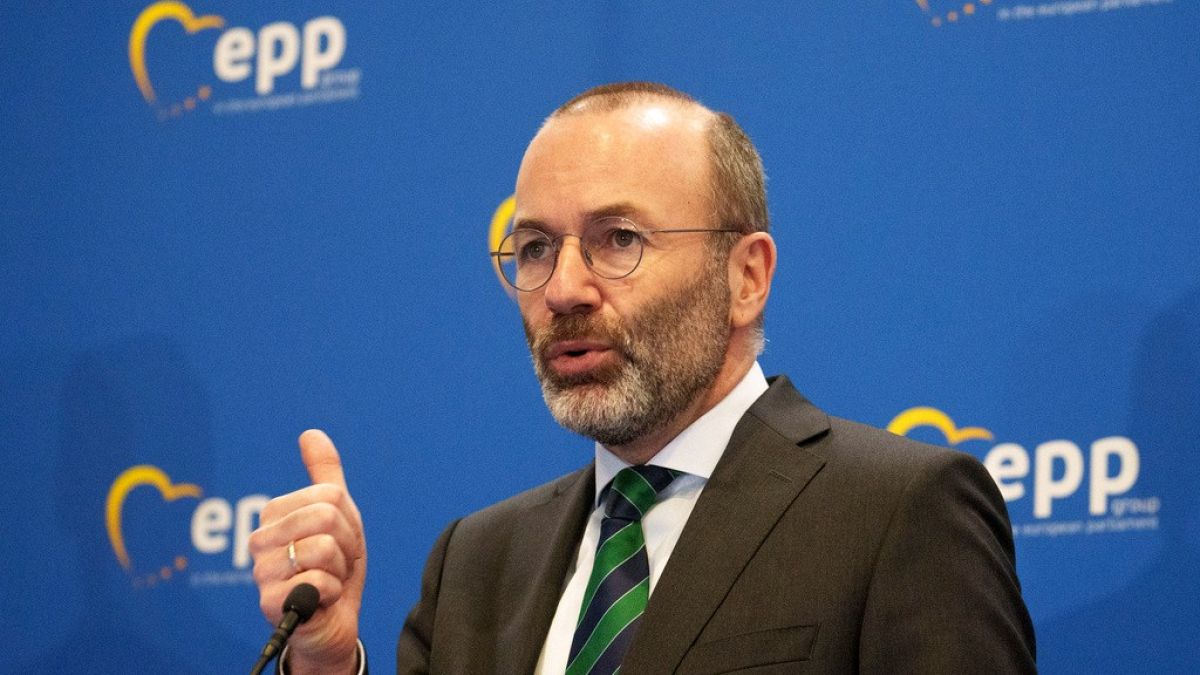World
China's Belt and Road Initiative is bringing new risks to Europe
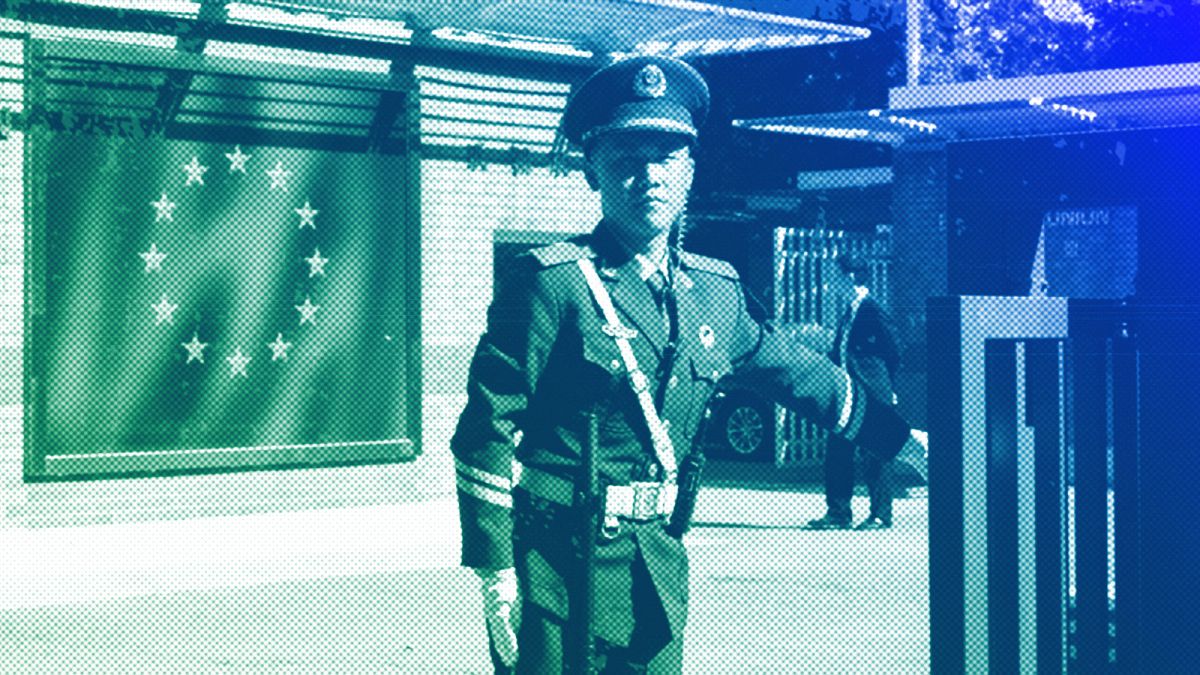
The opinions expressed in this article are those of the author and do not represent in any way the editorial position of Euronews.
China’s grand vision of the world-changing BRI may have not been realised, but something else is emerging in its wake — a powerful lever to bend authoritarian-leaning countries toward Chinese interests, Elaine Dezenski writes.
Hungary was the first European country to sign on to China’s trillion-euro Belt and Road Initiative. With Italy leaving the Belt and Road, or BRI, last year, and others in Europe expressing concern about engagement with China, Budapest may also soon be one of the last remaining links of the BRI to Europe.
By all appearances, the BRI is in retreat, with Chinese infrastructure spending down around the world as Beijing deals with a troubling track record of BRI corruption, waste, debt distress, and failing projects.
But as the infrastructure and ambitions for the BRI fade, something more dangerous may be rising up to take its place — an authoritarian alliance of security, surveillance, and repression that puts Europe at risk.
A railway worth a thousand years od debt
Hungary exemplifies this shift. Like many BRI countries, Hungary signed up for a massive infrastructure project it both didn’t need and couldn’t afford.
The €3.8 billion Serbia-Hungary railway project, financed by Chinese loans under the BRI, is expected to be completed by 2025, but some estimates suggest that it will take a further 979 years — or nearly a millennium — for Hungary to break even on the project.
Hungary’s BRI issues are not unique. As described in a new report on the BRI, “Tightening the Belt or End of the Road”, many BRI projects around the world face serious challenges, from hydroelectric dams with thousands of cracks in Ecuador, to promised infrastructure that was never built in the Democratic Republic of the Congo, to massive debt distress in Zambia.
But despite the problems for host countries and the large portfolio of failing loans for China, Beijing has still been successful at building influence across authoritarian-leaning regimes, who are eager to follow the Chinese model of single-party state control and high-tech domestic repression.
Venezuela, Ecuador, Bolivia, and Angola have all purchased AI-powered surveillance and facial recognition technology from China — presumably to track or intimidate political opponents.
Of 90 countries that could be categorised on a spectrum from “closed authoritarian” to “flawed democracies,” China had sold its surveillance tech to 54 of them — often under the banner of the BRI.
NATO and the EU facing an existential crisis?
Hungary, a member of both the European Union and NATO that has been sliding deeper into authoritarianism over the past decade, is a perfect target for Beijing’s security-based BRI aspirations — the export of political repression with Chinese characteristics. Viktor Orban’s right-wing nationalist government seems an odd match for Communist China, but they share a commitment to what Orban has himself described as an intentionally “illiberal state”.
Furthering their mutual interest in preventing domestic dissent, Beijing announced new bilateral cooperation between China and Hungary on “security and law enforcement capacity building under the Belt and Road Initiative”.
This new BRI security cooperation comes during a period where Hungary has been leveraging its position in European alliances to, water down or obstruct EU support for Ukraine, oppose EU efforts to criticise China for human rights abuses and impede and delay Sweden’s attempts to join NATO.
Hungary’s willingness to enter security arrangements with Xi Jinping and do the bidding of Vladimir Putin while, simultaneously, maintain membership in NATO and the EU is deeply troubling and presents an existential crisis for those alliances.
On top of that, Chinese economic integration in Hungary presents risks of its own. Already home to Europe’s largest Huawei logistics and manufacturing base outside of China, China battery giant, CATL, has announced plans to build a €7.3bn plant near the Hungarian town of Debrecen — allowing China to dominate electric vehicle supply chains from inside the EU.
This is similar to moves from other Chinese companies, like carmaker BYD, that are considering building factories in Mexico in an attempt to circumvent trade restrictions that would otherwise apply under the US-Mexico-Canada Free Trade Agreement.
It’s time to wake up to the risk of overreliance on China
As the US and its allies have awoken to the risk of overreliance on Chinese supply lines, Hungarian officials are taking the opposite approach, going so far as to call de-risking suicidal.
This position, however, doesn’t impact Hungary alone. The entire EU market is open to Chinese manipulations through the Hungarian economy, such as dumping of cheap goods to prop up the failing Chinese economy or undermining domestic European industries with subsidised competitors.
As German chemical giant BASF seeks to disengage from China’s Xinjiang region, leaked documents indicate that China is planning to build a chemical hub in Hungary.
China’s grand vision of the world-changing BRI may have not been realised, but something else is emerging in its wake — a powerful lever to bend authoritarian-leaning countries toward Chinese interests.
For Hungary, this is detrimental to its citizens, its neighbours, and Europe as a whole.
Elaine Dezenski is senior director and head of the Center on Economic and Financial Power at the Foundation for Defense of Democracies in Washington, DC.
At Euronews, we believe all views matter. Contact us at view@euronews.com to send pitches or submissions and be part of the conversation.

World
9-1-1 Crew Member Dies in Car Crash After Working 14-Hour Shift

ad
World
4 Dominicans are accused of smuggling wildlife and throwing 113 birds overboard to their deaths
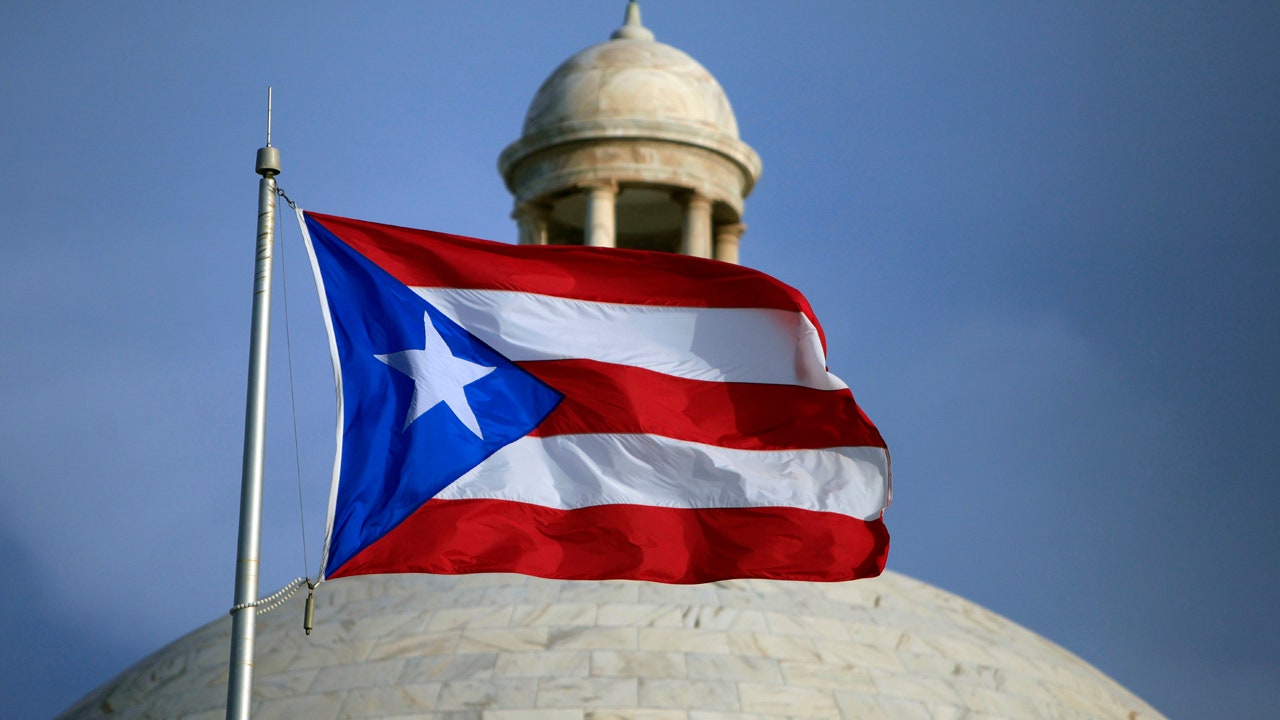
Four men from the Dominican Republic were indicted in Puerto Rico on charges of smuggling wildlife in a case involving more than 100 dead birds, officials said Monday.
DOMINICAN REPUBLIC GETS FUNDING TO SAVE RARE BIRD
The men were detained after the U.S. Coast Guard spotted them earlier this month aboard a flagless boat north of Puerto Rico and saw them throw overboard wooden cages holding tropical birds as authorities approached, the U.S. Attorney’s Office said.
Officials say four men have been indicted in Puerto Rico on charges of smuggling wildlife in a case involving more than 100 dead birds. (AP Photo/Ricardo Arduengo)
Some 113 birds were retrieved from the ocean, officials said, adding that the men had traveled to the U.S. territory to smuggle back exotic birds to the neighboring Dominican Republic.
The suspects appeared in court Monday. A judge ordered three of them held in prison and a fourth under house arrest pending an upcoming trial.
World
Lawrence Wong set to take centre stage as Singapore’s new prime minister

Singapore – For the first time in 20 years, Singapore will inaugurate a new prime minister, Minister for Finance and Deputy Prime Minister Lawrence Wong, who will take the reins of power in a ceremony on Wednesday, May 15.
The 51-year-old will replace Lee Hsien Loong – the eldest son of the country’s first Prime Minister Lee Kuan Yew – who has been in the job since August 2004.
Wong is only the fourth leader in Singapore’s 59-year history as an independent nation. Like his predecessors, he is a member of the People’s Action Party (PAP), co-founded by the elder Lee and the only ruling party Singaporeans have ever known.
The stage is now set for a general election in the city-state of 6 million people, which observers say could be held as early as this year, although the term of the current government does not expire until 2025.
At the last election in 2020, the PAP secured more than 61 percent of the vote, losing just 10 seats in the 98-member parliament to the opposition, but this was considered a sub-par performance given the opposition had won only six seats in the previous parliament.
The stakes are higher now, and a new leader is traditionally expected to gain a strong mandate from voters. Wong will be tasked with maintaining the dominance of the PAP in the face of an increasingly demanding electorate who want a greater say in governance and eschew the knuckleduster tactics and paternalistic politics of previous governments.
They are also tiring of the rat race, which Wong himself has acknowledged.
Among the most pressing issues on his plate: tackling the rising cost of living, an ageing population, a slowing economy and immigration. The PAP has also been rocked by a rare corruption scandal.
In addition, Wong must navigate the ever-present China-United States rivalry as the tiny island is a key ally to both superpowers.
Who is Lawrence Wong?
The mild-mannered Wong was selected by his peers among the “4G”, or fourth generation of leaders in Singapore’s political jargon, to be a successor to 72-year-old Lee in April 2022.
Something of a compromise candidate, he was not their first choice.
That was former central bank chief and Minister for Education Heng Swee Keat, 63, who had been appointed to succeed Lee in 2018. In a country renowned for its political stability, Heng sparked a mini political crisis by stepping aside two and a half years later, citing his age and admitting that he had not felt up to the task from the start.
Unlike many of his PAP peers, Wong did not come from the island’s establishment or attend its top schools. Going to university in the US on a government scholarship, he started out as an economist in the trade and industry ministry before entering politics in 2011.
After stints as a minister in less glamorous portfolios such as national development, he was not considered a potential prime minister, but the COVID-19 pandemic changed everything.
As co-leader of the country’s COVID-19 task force, Wong emerged as the public face of the government’s pandemic response, adroitly fielding questions from foreign media outlets in televised news conferences. Such events are a rarity in a country that performs dismally in the annual World Press Freedom rankings – Singapore was ranked 126th out of 180 countries and territories this year.

“Mr Wong is seen as a technocrat, [who is] friendly and approachable. He delivered well for the COVID-19 crisis, so he can be viewed as competent,” said former PAP lawmaker Inderjit Singh, who served alongside Lee in his central Ang Mo Kio ward for two decades.
Noting that Wong was only chosen two years ago after a period of political uncertainty, he added: “Anyone in his position will have his work cut out to show that he is indeed the right leader. He has a big task to quickly show that he is indeed the right person who can deliver.”
Leadership succession
Historically, leadership succession in Singapore has been a well-oiled process, with the heir apparent announced well in advance and groomed for years. This has been facilitated by a sterling record of governance, the PAP’s longstanding parliamentary supermajority – at its peak, there were no opposition lawmakers – and its dominance of key institutions.
Heng’s sudden departure was therefore unprecedented. Wong will also have the shortest runway of all – he became Lee’s deputy just two months after being anointed his successor. By comparison, the younger Lee served as deputy prime minister for 14 years before taking over the top job.
This perhaps explains Minister of Law and Minister for Home Affairs K Shanmugam’s prickly response to what he termed a “sneering” commentary in The Economist last month, which labelled Wong a compromise candidate and the Singapore media “docile”. Weeks later, the United Kingdom weekly conducted a wide-ranging interview with Wong where he stressed that as prime minister, he would not shy away from making unpopular decisions.
“Wong comes across as being very personable. He doesn’t portray the image of a hardliner,” said former newspaper editor PN Balji, who interacted extensively with Wong’s predecessors. While he is optimistic that Wong will come to prove himself, he added: “If you look at the leadership from Lee Kuan Yew till now, the quality of leadership has declined somewhat.”

Perhaps this is why Lee Hsien Loong is not going away – he will remain in the cabinet with the title of senior minister, just as his predecessors did.
“Given the short runway, I think Wong will benefit from [Lee’s] presence, especially in helping keep [good] external relations,” said Singh.
What do Singaporeans think of him?
Despite his increased profile during the pandemic, the guitar-playing, dog-loving, social media-friendly Wong remains something of an unknown quantity to Singaporeans.
According to a recent YouGov poll, just more than half of respondents considered him competent, with less than a third agreeing that he was a strong leader. Some 40 percent said he seemed trustworthy, a number that was significantly higher among Gen Z respondents. A fifth felt hopeful about Wong’s appointment, while 36 percent stated indifference.
Many also indicated high expectations for the incoming prime minister, perhaps reflecting the fact that Singapore’s government leaders are the world’s highest-paid, with the prime minister taking home 2.2 million Singapore dollars ($1.6m) a year including bonuses.
“Wong’s biggest challenge in the short term will be to articulate an easy-to-understand, inclusive, and progressive political vision that will draw widespread support for his government in the upcoming elections,” Elvin Ong, an assistant professor at the National University of Singapore’s political science department, told Al Jazeera.
Wong, who has stressed that he did not seek out the role or expect to become leader, is certainly working hard to win over the electorate. “Every ounce of my energy shall be devoted to the service of our country and our people,” he said in a post to his 200,000-odd Instagram followers after the handover date was announced. “Your dreams will inspire my actions.”
Calling Singapore the “improbable, unlikely nation”, he told The Economist: “My mission is to keep this miracle going for as long as I can.”
-

 Politics1 week ago
Politics1 week agoAustralian lawmakers send letter urging Biden to drop case against Julian Assange on World Press Freedom Day
-

 World1 week ago
World1 week agoBrussels, my love? Champage cracked open to celebrate the Big Bang
-
News1 week ago
A group of Republicans has united to defend the legitimacy of US elections and those who run them
-

 Politics1 week ago
Politics1 week agoHouse Dems seeking re-election seemingly reverse course, call on Biden to 'bring order to the southern border'
-

 World1 week ago
World1 week ago‘It’s going to be worse’: Brazil braces for more pain amid record flooding
-

 Politics1 week ago
Politics1 week ago'Stop the invasion': Migrant flights in battleground state ignite bipartisan backlash from lawmakers
-

 World1 week ago
World1 week agoGerman socialist candidate attacked before EU elections
-

 World1 week ago
World1 week agoSpain and Argentina trade jibes in row before visit by President Milei
